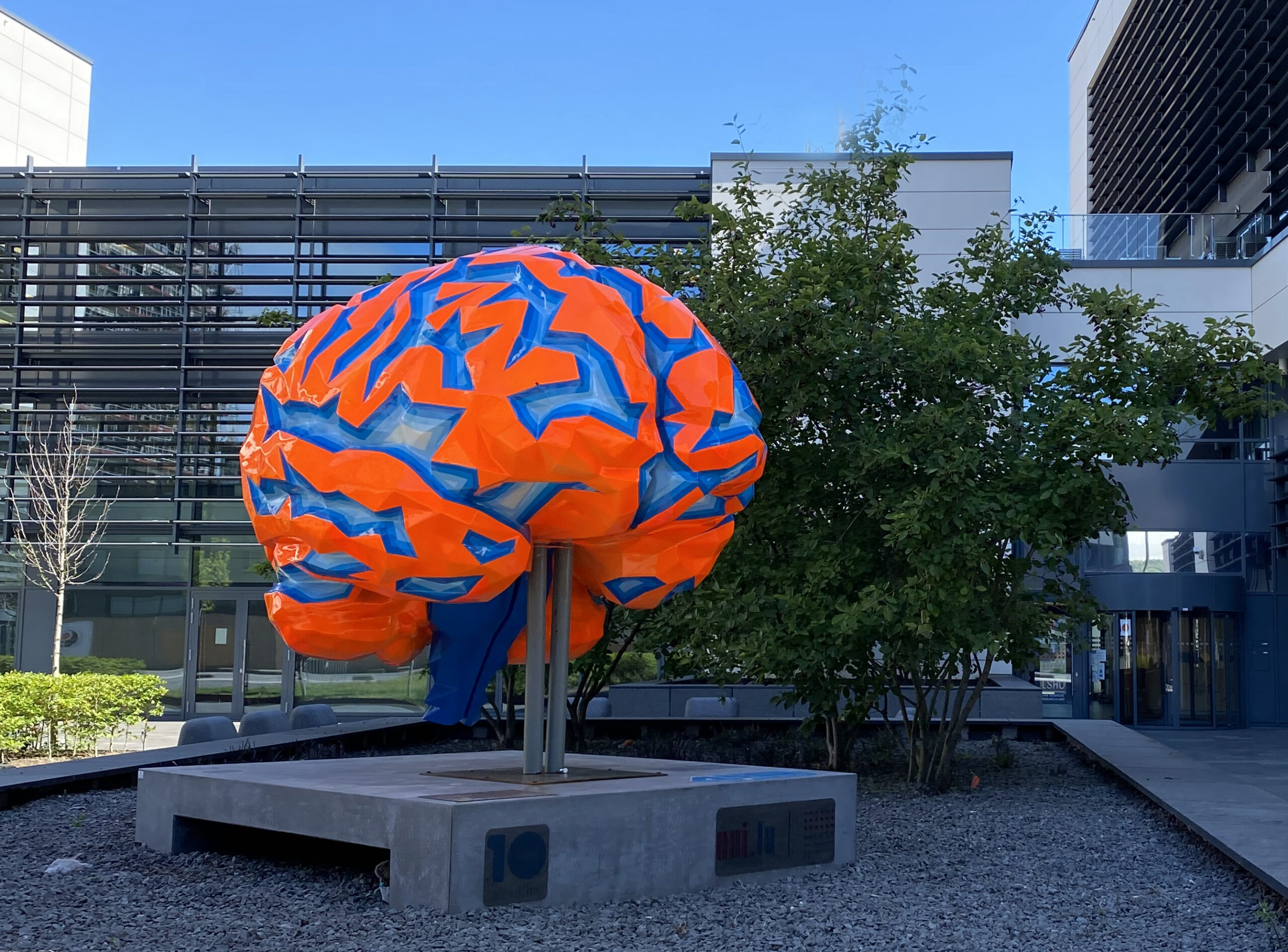Gut microbiota in Parkinson’s disease – from the basics to the clinic
Parkinson’s disease (PD) is the second most common neurodegenerative disorder affecting at least 1% of the population aged over 65 years worldwide and approximately 15.000 people in Finland. These numbers will double by the year 2040.Recently, the existence of body-first and brain-first subtypes of PD has been proposed and is supported by extensive imaging and histological evidence. However, the pathophysiological differences underlying this phenotypic diversity are poorly understood.
Gastrointestinal (GI) dysfunction is a very prevalent and early feature of PD that has a major impact on quality of life. However, the degree of GI disturbances varies considerably between patients and presence or absence of early gut involvement emerges as a crucial denominator of PD subtypes. Gut microbiota alterations have been robustly demonstrated in PD and are linked to the progression, symptoms, and potentially subtypes of PD.
This talk will provide an overview of recent findings related to the compositional and functional alterations of gut microbiota in PD. Furthermore, I will show initial findings related to the potential clinical application of gut microbiota in the diagnostics and treatment of PD.
About the speaker
Filip Scheperjans is working as a clinical neurologist and researcher at Helsinki University Hospital. His focus is on the role of the gut and microbiota in Parkinson’s disease and his group was the first to describe microbiota alterations in this disease in 2014. Since then, his research has focused on understanding the links between gut microbiota and the symptoms and pathophysiological alterations in PD. His company NeuroBiome Ltd. aims to develop new diagnostic and therapeutic approaches for Parkinson’s disease based on the gut microbiome.

